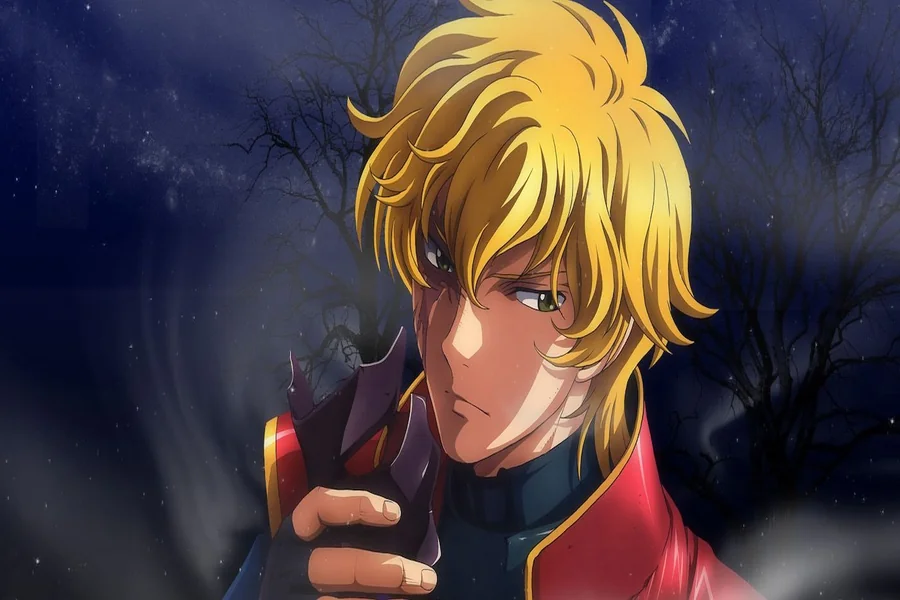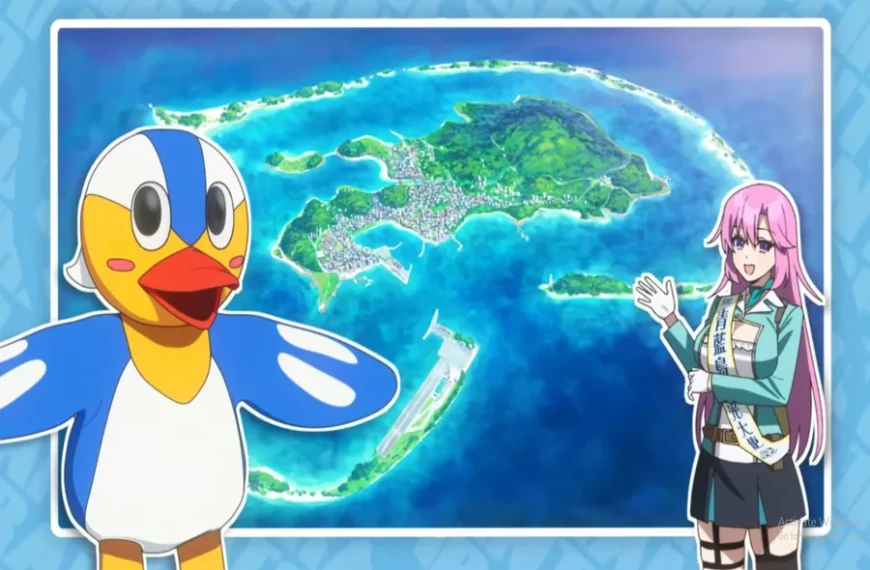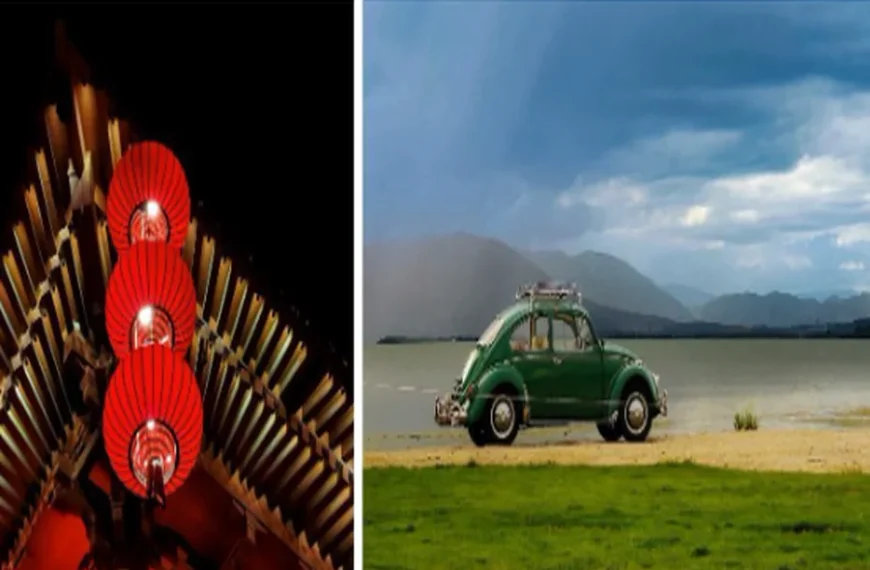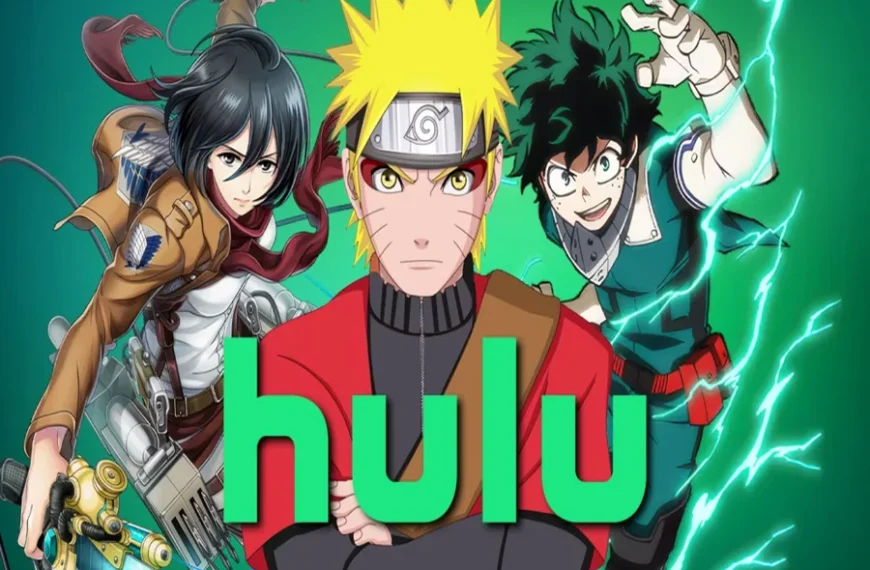Anime characters is one of the strongest factors dominating the world of entertainment waiting to be loved by fans wherever they were. Although it has deep childhoods in Japan, there has always been an intriguing connections between the American culture and the anime. A lot of anime characters, either by design, influence of the story they are in or because of the general way they are told to be, are close to American ideals, traditions and their general culture. This article is a publication at the top levels of the American anime characters whose designs, storylines and features have appealed to the anime lovers internationally.
The Fusion of American Traits in Anime
Being a Japanese art form, Anime usually has international influences. Even though the Japanese cultural elements are largely employed in the medium, it is through the persona of the American anime characters that the boundaries between two worlds are construed. They are the characters that are born in the United States in the framework of their fictional stories or being characters of the United States, they also have some American peculiarities of attitudes, personalities and ideologies. The explanation of these American anime characters helps in realizing how anime has merged and incorporated references to different cultures.
1. Vash the Stampede: The Wild West Cowboy
One of the best examples of the American-inspired anime character is Vash the Stampede of Trigun. His futuristic cowboy character, which is holding a gun, is a replica of the American Western notion. Daring, uncowed, upright, Vash is a personality who complies with the main principles of the heroes of the American West. Impressing the American influences even more on the story of the Trigun, it could be also paid attention to its background that has happened to take place in the desolated Wild West-like future, in which the ideas of redemption and justice, as well as the lawlessness could be seen as rather recognizable features of the American movies.
The character of Vash is light-hearted, but at the same time, it contains a lasting sense of duty, making him more complex. His life like a bounty hunter seeking to avenge his mistakes in the past follows the American hero cycle and this makes him one of the best American anime characters on the anime scene.
2. Edward Elric: The Young Hero with American Inspiration
Edward Elric of the Fullmetal Alchemist is yet another Japanese animation character who, although he belongs to the fictional nation of Amestris still has several values of the American culture. His quest of justice, insatiable ambition and personal redemption are reflection to the American ideals of self determination and endurance. Being a young alchemist, the willingness of Edward to fix his mistakes, especially concerning his brother Alphonse, is a common theme present in American stories.
The desire of Edward to make things right makes him trait like the traditional character of the American hero a young brave man against enormous odds. His heavy emotional weight and the subsequent understanding that knowledge and power should be used responsibly are a rather emotional commentary on human lives, repeating themes established in coming-of-age narratives in the U.S.
3. Spike Spiegel: The Cool, American Anti-Hero
Spike Spiegel of Cowboy Bebop is the ideal mixture of the American and anti-hero. His detached, nonchalant attitude and his history as a bounty hunter reminds one of the classic American noir hero, the one who rides on the edges of society, but lives according to a personal code. He is rebellious and emotionally complicated, which is also characteristic of American anti-heroes when it comes to Western television shows and movies.
Spike is a character nourished by American pop culture, and more specifically, the Western genre, which explains why his character is of such an interest to the Japanese people, as well as to foreigners. Even the series Cowboy Bebop itself bases itself off of jazz, elements of the open road and space-western themes imagery, which is exceptionally mixed into the American history and culture.
4. Danny Fenton: The American Teen with Supernatural Powers
The titular character Danny Phantom, Danny Fenton, is a crossover between American cartoon and anime. He is mostly a product of American animation, though, his design and character development have a lot in common with those of an anime protagonist. When Danny goes through a typical experience of a teenager to become a ghost fighting hero, he goes through the same process of classic American teen superheroes, such as Spider-Man, as he learns how to juggle both worlds and powers.
Such central themes as the problems of Danny fitting in, his need to be accepted and his ultimate heroism are particularly important and close to American hearts. His narrative also involves the idea of self-discovery, one of the common tropes of the American literature and film, which only makes him more solid as one of the characters that deserve mention among the characters of the American anime.
5. Mugen: The Rebellious Samurai with an American Edge
The character of Mugen in Samurai Champloo can be only described as rebellious youth in a clear inspiration with American counterculture. Loose and erratic personality characterizes his lifestyle pattern, which was typical of the anti-establishment in America within the 1960s and 1970s. His lack regard of authority, free-though independence and even way of fighting, which is mixture of conventional samurai stunts with contemporary more or less breakdancing style of movements, Mugen becomes outstanding among American influenced anime characters.
The character of his story, including the subject of a searching of meaning and self-improvement and breaking the shell of the traumas experienced in the past, resembles the same change observed in American coming-of-age movies. The evolution of Mugen as a thoughtless carefree person to a more sensible and self aware man, characterizes the change which takes place in many American stories.
6. Hugh Hughes: The Family-Oriented Military Officer
Another example can be seen in the character of Hughes in Fullmetal Alchemist with firm distinctive features of the American anime character. Hughes is a classic American family man who is devoted to his wife and daughter and at the same time stays true to his profession in the army. His character of being a good husband and a father is a reference to the American family value.
But besides the domestic side, Hughes is also posed as a faithful and noble military officer, something that relates to American patriotism and service to the motherland. We get to know his character and to relate to him, to like him, especially in fans who find themselves relating to his personal sense of responsibility and professional commitment.
7. Lelouch vi Britannia: The American-style Anti-Hero in Japanese Anime
Another of the characters influenced by America is Lelouch vi Britannia in the anime series Code Geass. Although Lelouch is a prince in an alternate reality of Britain, his grey morality, lust of power, and his readiness to leave others behind to benefit his side are the traits that are still common to the American anti-heroes of contemporary media. His ethically ambiguous motives and behavior reflect a growing interest in American anti-hero in stories today, as main characters tend to have their positive and negative sides.
In a very different contrast to the ideal heroes common in more trite story-telling, Lelouch goes through the process of self-destruction, in his attempts to take on a corrupt empire using his brains and strategic thinking. A theme of his struggle to understand moral relativism and bear the consequences of his own choices is likely to be very recognizable to American readers, where more subtle types of storytelling have grown in popularity.
Conclusion
The American anime characters are very crucial, in as far as ending up the cultural gaps and raising the universal themes that make people across the land homogeneous. They can be slightly rebellious in their Western style, have family-oriented values, or are anti-heroic, but either way, these characters present a new take on the conventional anime characters formula. They incorporate into American tastes the rich emotional undertones of Japanese narrations to come up with characters of great depth, interest, and easy identification with.
With the success of anime taking root in much of the world, it is apparent that American influences will always find an interesting way to shape the medium in a different way that counts. With their exploration and celebration of these American anime characters, we appreciate more the strength of cross-cultural partnerships, as well as realizing how anime is universal entertainment that can attract anyone worldwide.




